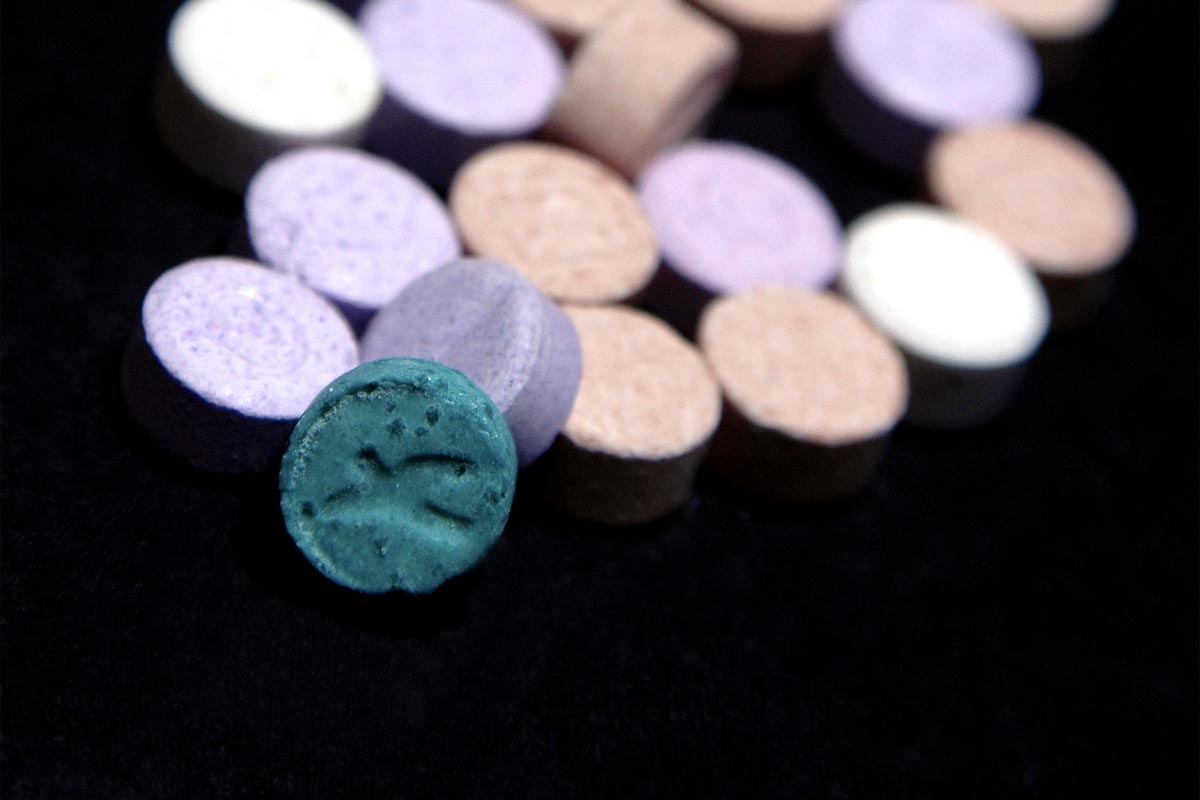Certainly, you saw some partying in high school, but there was always some parental oversight. And, the risk of getting caught, as …
MDMA, Trauma and Addiction Recovery
co-occurring disorders are treated simultaneously. Addiction treatment centers that focus on the whole patient typically have the …







